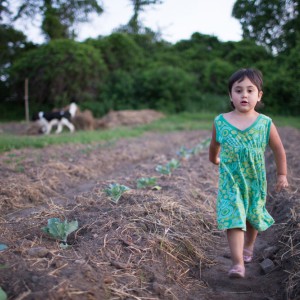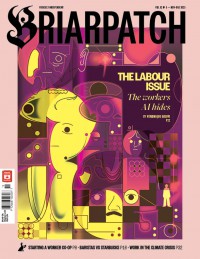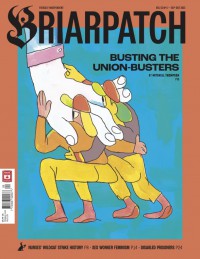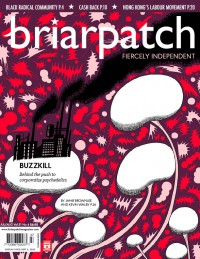-
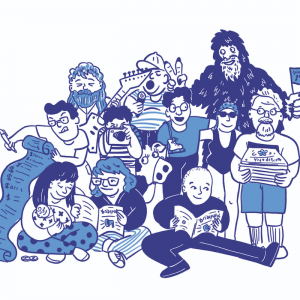 Magazine
MagazineThe people’s magazine
The funny, strange, and dogged ways that Briarpatch’s readers have helped this magazine reach its 50th anniversary
-
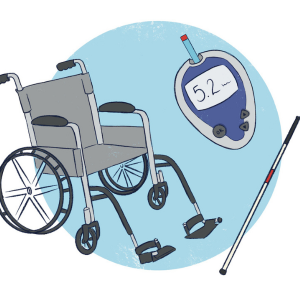 Magazine
MagazineCare without institutions
Four case studies of projects that are meeting disabled people’s needs through community care.
-
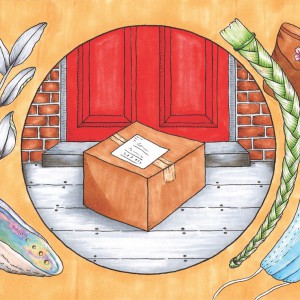 Magazine
MagazineThe co-option of mutual aid
Mutual aid is rooted in Black and Indigenous resistance to state violence. We cannot allow white organizers, non-profits, and philanthropists to co-opt our teachings in a time of panic.
-
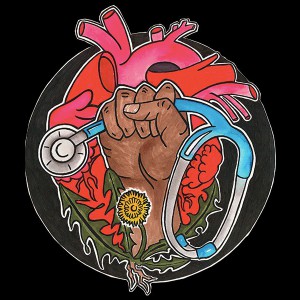 Online-only
Online-onlyHealth care toward liberation
Amid the twin crises of neoliberal capitalism and COVID-19, two health-care workers ask: how do we practice health care in ways that increase people’s access to freedom?
-
 Magazine
MagazineNew traditions
As precarious work becomes the norm, labour activists need to combine the best of our traditions with new approaches that respond to the changing realities of work. To do that, we look to the history of community unionism, worker centres, and whole worker organizing.
-

A community response to COVID-19
As lockdown eases, a group providing assistance to Elders and seniors during COVID-19 is rethinking what community support looks like during the long arc of the pandemic.
-
 Online-only
Online-onlyCommunity without accountability at CCGSD
Former staff are raising allegations against the former executive director at one of Canada’s biggest LGBTQ nonprofits, saying he made the workplace unpredictable and unhealthy. It raises the question: where does a community end, and a workplace begin?
-
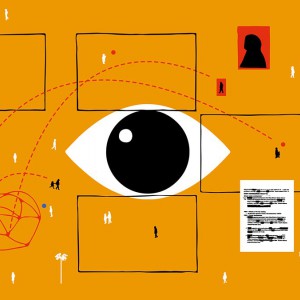 Online-only
Online-onlyCOVID-19 and the threat of “community policing”
Across the country, governments are giving police heightened powers during the pandemic. But as I’ve seen in my home of Kitchener-Waterloo, when police embed themselves in poor and racialized communities, they may simply decide not to leave.
-
 Sask Dispatch
Sask DispatchRenewable Regina forum platforms residents’ voices
Regina residents gathered to offer recommendations on the city’s Renewable Regina motion – which some say has been “denuded” – in advance of May’s Reimagine Regina conference.
-
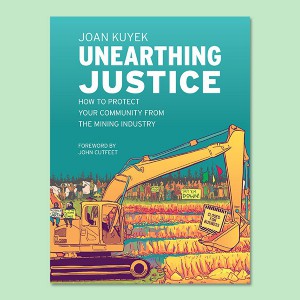 Magazine
MagazineA remedy for climate grief
Unearthing Justice is the handbook Canada’s environmental movement needs. Anna Bianca Roach reviews Joan Kuyek’s new book about the mining industry and its discontents.
-
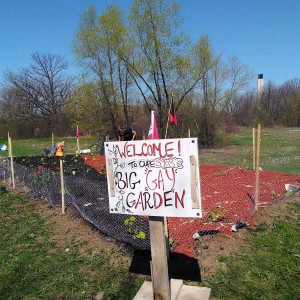 Magazine
MagazineThe implicit militancy of gardening
After two months on strike, CUPE 3903 members were feeling worn out. That changed when, one night – armed with a Rototiller, under cover of darkness – they decided to plant a community garden on the picket line.
-
 Magazine
Magazinelove as radical action
What does it mean when “choosing love” isn’t an individual act, but a collective effort of building a world in which all of our material needs are met? estefania alfonso falcon reviews Kai Cheng Thom’s I Hope We Choose Love.
-
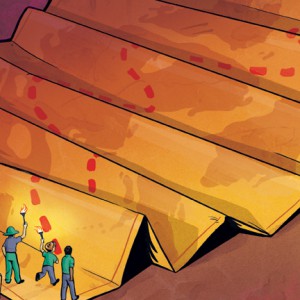 Magazine
MagazineFor the Long Haul
How can we improve our social movement cultures and our relationships with each other while learning from the past and creating for the future?
-
